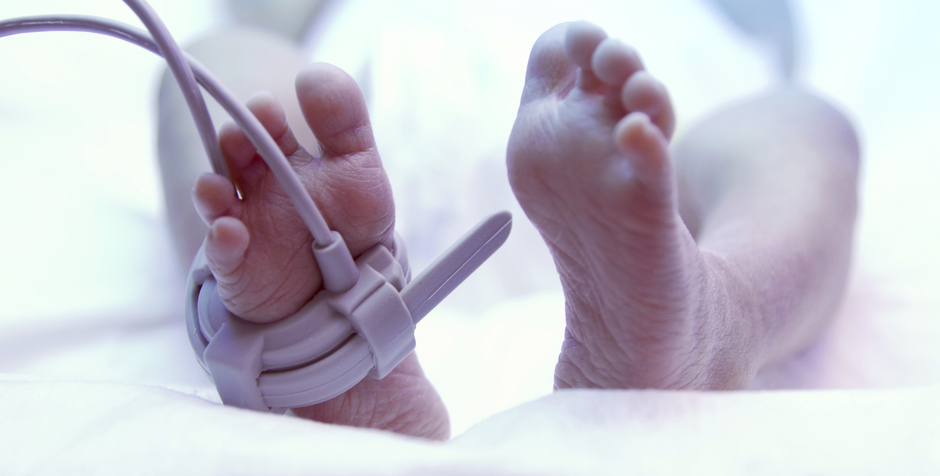The Evil Logic of “Mercy Killing”: Child Euthanized in Belgium
“I will not give a lethal drug to anyone if I am asked, nor will I advise such a plan.” The words of Hippocrates, the fourth century B.C. father of Western medicine, are plain rubbish according to many “health” professionals today. For proponents of euthanasia (literally, but falsely, meaning “a good death”), the Hippocratic Oath, the long-standing creed of sound patient care, should be replaced with an oath that undermines the very nature of medicine itself: “I will end the life of my patient whenever and however he chooses.”
“Self-slaughter,” to borrow Hamlet’s apt description of suicide, is the ultimate rejection of existence in all its forms. It is the rejection of one’s self, made in the image and likeness of God, that has a unique and irreplaceable identity. It is the rejection of society, of which every person (no matter their age or infirmity) is an integral part. It is a rejection of the Divine, who has given us life and sustains us at every moment, even when pain and suffering seem to make that life at times unbearable.
For proponents of euthanasia, human life is not sacred, it is not a gift, it has no inherent dignity. For them, a human person is a mere object or thing to be dispensed with when it no longer enjoys the “quality” one wishes it had -- like an old bicycle or broken television.
For decades now, the euthanasia movement has been gaining ground one country at a time -- and in our own country, one state at a time. Earlier this year, California became the fifth state to legalize assisted suicide, joining Vermont, Oregon, Washington and Montana.
What happened this past week in Belgium, however, shows us to where the evil logic of euthanasia further leads.
As reported by CNN here, a terminally ill child in Belgium was the first to be “euthanized” (a euphemism if there ever was one) since age restrictions on assisted suicide were lifted by that country two years ago. According to Belgium’s law, a child must “understand” what euthanasia means and have the consent of his parents in order to undergo the “mercy killing” (another utterly misleading term of art).
One need not think hard or deliberate at all to see the horror of this situation. Common sense recoils at it. How can a child, with precious little of life’s experience and education, possibly wrestle and come to terms with this ultimate question -- especially when that child’s mind is clouded by the pain and suffering of a terrible disease or affliction? (Indeed, how can anyone?) Even worse, how can parents abandon all hope and care for their child and consent to his or her destruction? The family should be the principal community where one is loved, accepted, and nurtured -- sometimes with struggle and sacrifice, sometimes where hope might be hard to muster. The family is no place where it is decided that it is better for one to die than to live.
As tragic and wrong as assisted suicide is for the adult who chooses to end his own life, it is at least that person, that adult who is making the choice. In allowing parents to sign off on the death of their child, who is psychologically incapable of making such a fundamental decision for himself -- no matter what the Belgian law says -- Belgium has moved beyond legalized suicide (literally meaning, the killing of one’s self) to legalized and state-sanctioned murder -- the killing of another.
In Belgium, the horror of self-slaughter has become the slaughter of another -- and not just another, but the slaughter of a loved one, one’s own child.
Even though we do not know his name, we should never forget this child killed in Belgium at the hands of so-called “physicians,” with the permission of his parents, under the authority of law. We should remain firm in the conviction that all human life is sacred and never cease to affirm that our society, our laws, and our system of health care must reflect and further this eternal truth.
